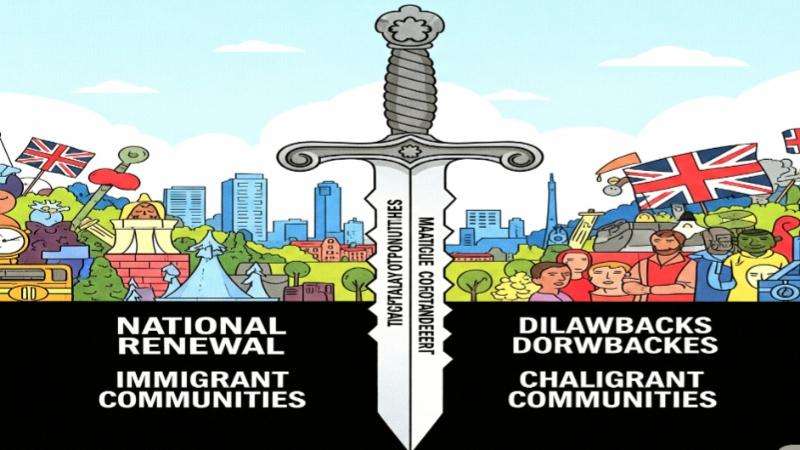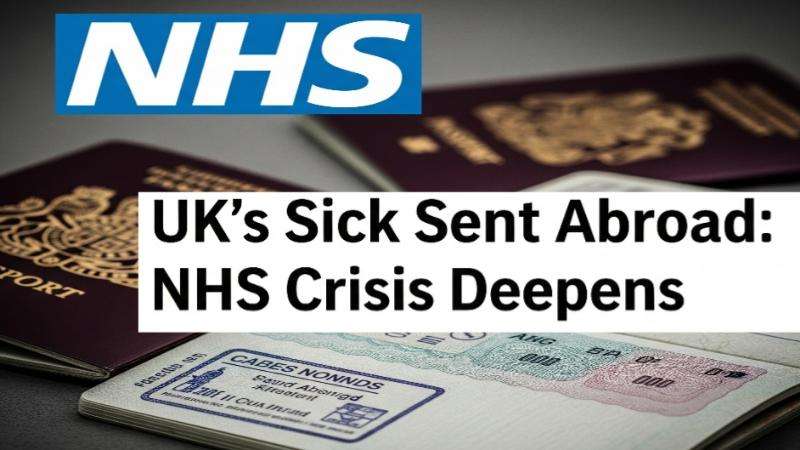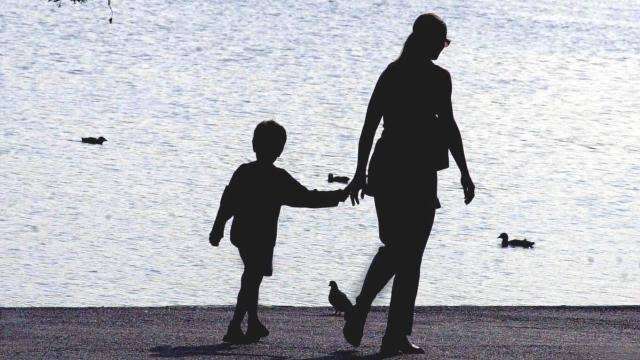Figures from the government indicate that unless the benefit maximum is changed altogether, tens of thousands of children who are impacted by the two-child limit might not be able to escape poverty.
The Conservatives introduced the two-child restriction, which prevents households with a third or later child born on or after 6 April 2017 from getting additional child tax credits or universal credit for these family members.
The program is a major contributor to child poverty in larger families, and Labour is under pressure to end it. Seven Members of Parliament who voted in favour of an amendment to the King's speech endorsing its elimination had their whips suspended last month.
However, unless the benefit cap, which was implemented by the coalition government in 2013 to cap the amount a household can receive, is also reformed, the impact of eliminating the two-child limit would be mitigated, according to figures provided by the Department for Work and Pensions (DWP) under the Freedom of Information Act.
conditionality requirements, this tends to reflect considerable barriers to work, including young children or children with health difficulties or special educational needs. Over two-thirds of capped families are single parents, half with a child under five.
“While some people have responded to the policy by moving into work, our research found that it has actually pushed others further from the labour market. Our research found that there is no way for families to escape the cap by moving – they are already in the cheapest accommodation, often overcrowded and poor quality.”
Joseph Rowntree Foundation’s chief analyst, Peter Matejic, said: “A generation of children is growing up hungry and cold, with their parents forced into unthinkable decisions about whether to heat their homes, or put food on the table or warm clothes on their children’s backs. This is a disgrace in a country as wealthy as the UK.
“A coherent child poverty strategy, based on research and evidence, is required to tackle the crisis facing those at the sharpest end of the UK’s social security system.
“As well as scrapping the two-child limit, we need universal credit to be reformed and the benefit cap reformed or, better still, removed so that the minimum level of support never falls below the amount required to afford essentials. Making these changes can lift hundreds of thousands of children out of poverty.”
Removing the two-child limit would cost the government an estimated £2.5bn this year, rising to £3.6bn a year further down the line.
A ministerial taskforce on child poverty has been established by the government, and it is scheduled to release a new child poverty plan in the spring of 2019. "Supporting households to increase their income, including considering social security reforms that support people into work and alleviate poverty" is one of the taskforce's declared goals.
"Child poverty is a scar on our society," said Liz Kendall, the secretary of work and pensions. It hurts our nation as a whole and the prospects for children. This government places a high premium on addressing child poverty for this reason. In order to improve everyone's future and reduce poverty and increase opportunity, we will act with a comprehensive plan.








.svg)



